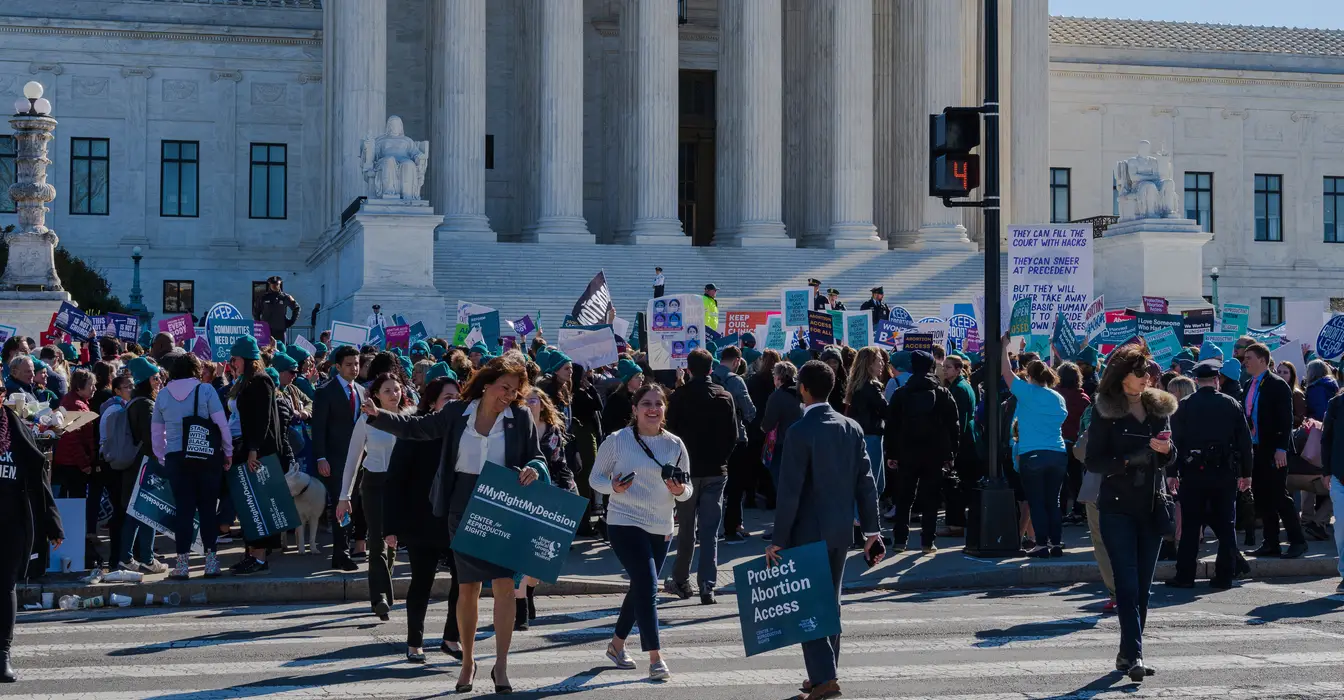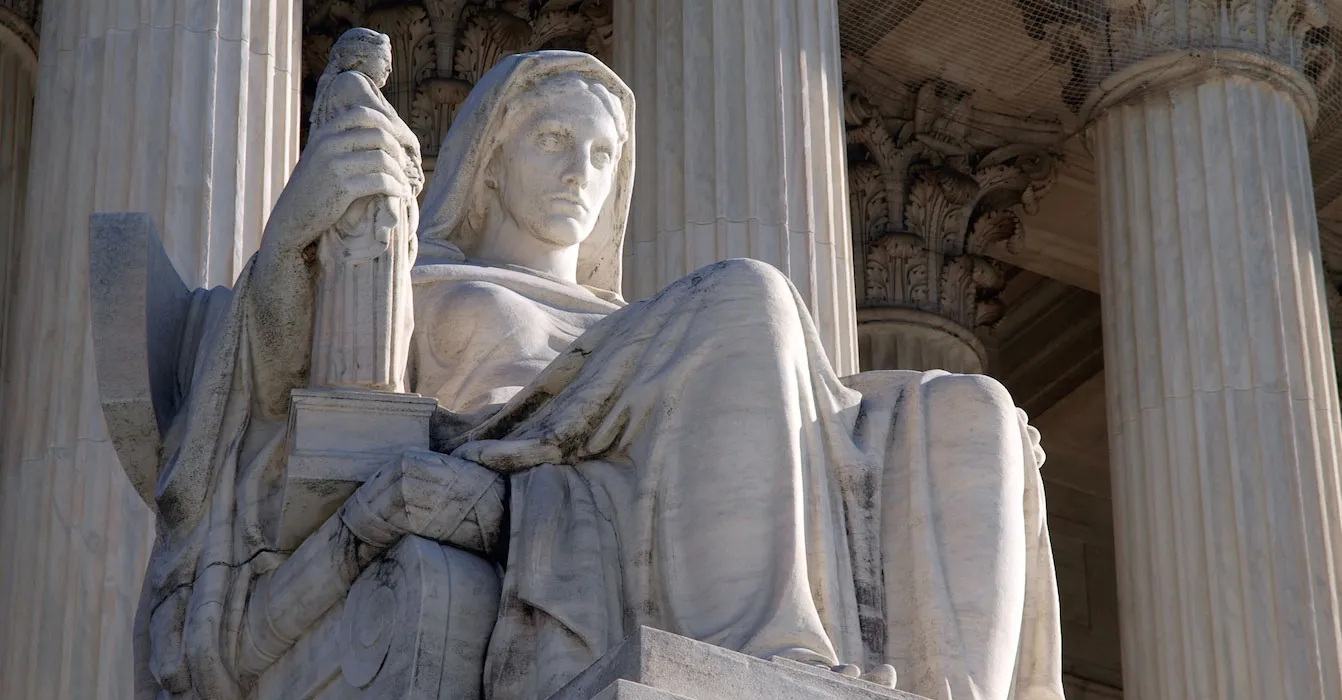Weeks after refusing to block a Texas law that virtually bans abortion in the nation’s second-largest state, the Supreme Court scheduled a hearing for a Mississippi case in which women’s rights advocates fear conservative justices will overturn Roe v. Wade altogether.
The nine justices - six of whom were appointed by Republican presidents - will hear Mississippi Attorney General Lynn Fitch’s appeal in Dobbs v. Jackson Women’s Health Organization on Dec. 1, the court said Monday.
The case centers on a law known as the Gestational Age Act passed by the Republican-controlled legislature in March 2018 banning abortions after 15 weeks except in medical emergencies.
On behalf of Thomas E. Dobbs, the State Health Officer of the Mississippi Department of Health, Fitch asks the court to determine whether all bans on pre-viability abortions are unconstitutional, the standard Roe set in 1973.
Mississippi’s only abortion provider, Jackson Women’s Health Organization, filed a lawsuit contesting the state measure the day after it took effect.
On Nov. 20, 2018, Judge U.S. District Court Judge Carlton D. Reeves of Jackson, Miss., enjoined enforcement of the Gestational Age Act. That decision was upheld by the 5th U.S. Circuit Court of Appeals in New Orleans in an opinion written by Judge Patrick E. Higginbotham.

Elizabeth Wydra of the Constitutional Accountability Center in Washington, D.C., is among the counsel seeking to have the Supreme Court uphold those decisions.
The high court “has never recognized – and then taken away – a fundamental right that millions of Americans have relied on to determine the course of their lives and participate as equals in American life,” wrote Wydra, in a brief supporting Jackson Women’s Health. “It should not do so now.”
The possibility that conservative justices will reverse the lower courts or go even further appears all the more real, however, after they allowed the prohibitive Texas law to take effect in Whole Woman’s Health v. Jackson.
Three members of the majority in that decision were appointed by President Donald Trump after then-Senate Majority Leader Mitch McConnell blocked Democratic predecessor Barack Obama’s final nomination.
The Texas legislation violated 50 years of court precedent guaranteeing women the right to end a pregnancy as long as the fetus can’t yet survive outside the womb, a stage generally reached around six months.
By deputizing private citizens to enforce a ban on abortions after six weeks through civil lawsuits, Texas legislators thwarted a potential court injunction, typically issued against state enforcement officials when a law appears unlikely to pass constitutional muster, the majority wrote.
The decision prompted sharp dissent from the court’s liberal wing, and Chief Justice John Roberts – an appointee of former President George W. Bush – said he, too, would have barred its enforcement.
'Partisan' label
The U.S. Department of Justice subsequently filed suit to block the measure in U.S. District Court in Austin.
Two of the justices who supported the high court's inaction have since publicly pushed back on claims they were motivated by political bias.
“This court is not comprised of a bunch of partisan hacks,” Justice Amy Coney Barrett said in a speech at the 30th anniversary of the McConnell Center at the University of Louisville, according to the Louisville Courier-Journal.
Attributing the justices' varied opinions on cases to differences in judicial philosophies rather than results-oriented expediency, Barrett said she doesn’t always like the results of her own decisions.
“But,” she added, “it’s not my job to decide cases based on the outcome I want.”
Mississippi, which concedes that its law is unconstitutional under the court’s viability-based precedent, says that’s the wrong standard to apply and argues that states should be able to ban abortions earlier as long as they have a rational basis for doing so.
Part of that basis in Mississippi is regulating “inhumane procedures,” Fitch argued when seeking certiorari from the Supreme Court.
A human fetus develops neural circuitry capable of detecting and responding to pain as early as 10 weeks after the mother’s last menstrual period, the attorney general argued, and Mississippi’s law doesn’t ban the procedure until six weeks after all basic physiological functions are present.
'Discredited pseudo-science'
The world’s leading scientists and medical organizations, however, disagree, the Society for Maternal-Fetal Medicine, the Royal College of Obstetricians and Gynaecologists and the U.S. Association for the Study of Pain argued in an amici curiae brief submitted by Janice Mac Avoy of Fried, Frank, Harris, Shriver & Jacobson in New York.
“It is impossible for a fetus to experience pain prior to viability because the necessary cortical and spinal cord structures do not develop before at least 24 weeks of gestation,” Mac Avoy wrote.
Ultimately, they added, Mississippi is asking the court “to endorse fringe views and to undo decades of legal precedent on the basis of discredited pseudo-science.”


